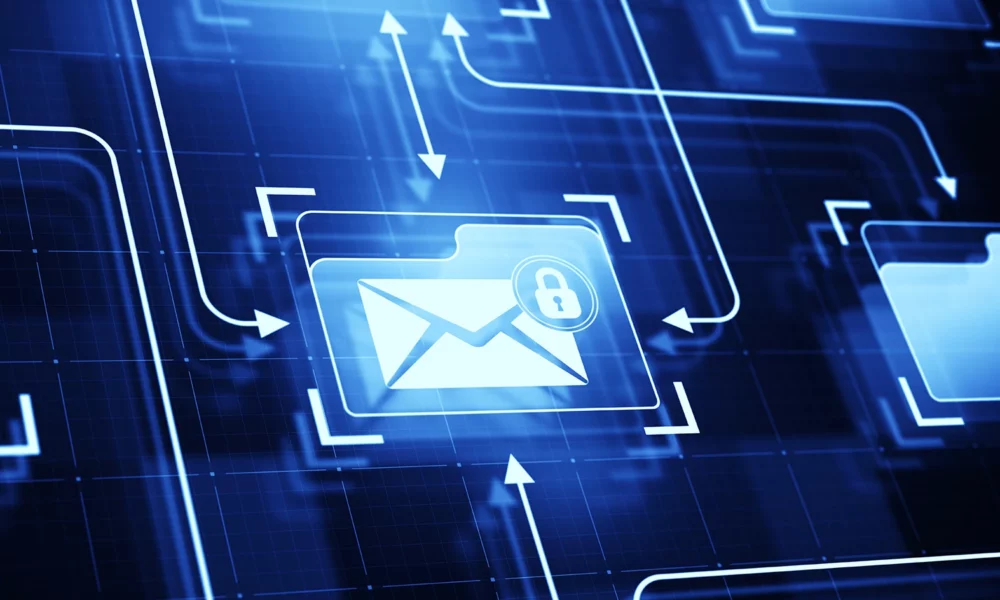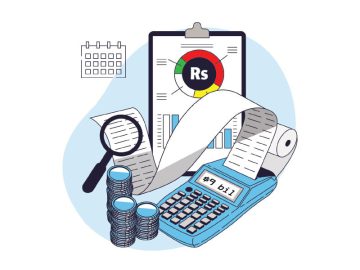Envision is trying to email your employer or a coworker only to find out too late that it was actually an impostor interacting with you. Sadly, these types of situations can happen to everyone and must be addressed immediately. Cyberattacks actually pose genuine threats to companies and people. Cloud email security services, including Microsoft 365 email security, have never been more important given the fact that 56% of Americans don’t know how to stop data breaches, and 90% of attacks originate via phishing emails. This article will clarify what this service offers as well as possible benefits for your company.
How Does Cloud Email Protection Actually Work?
Your inbox isn’t simply an email account; it serves as the digital portal into your world. Every incoming or outgoing message presents potential hackers with new scam opportunities, so proper protection requires more than simple antivirus protection alone. The real challenge lies in combatting threats like spear phishing, ransomware, and zero-day attacks, which keep evolving at an ever-increasing rate; that is where cloud email security steps up its game to ensure protection while you focus on what really matters.
Essential Tools to Keep Your Email Secure
Cloud email protection encompasses more than simply blocking spam; here are four tools, like Microsoft 365 email security, that are designed to specifically make sure your inbox remains safe:
- Filters to Reduce Spam Email: Spam filters operate quietly in the background, scanning emails for anything malicious that comes across and blocking them out so only relevant messages reach you.
- Email Encryption: acts like a blender for your email messages, scrambling the contents until only the intended recipient can read them. This keeps sensitive data out of reach of prying eyes during transit from sender to recipient.
- Sender Fraud and Impersonation Protection: Not all emails can be trusted, which is why tools like SPF, DKIM, and DMARC They make sure an email really is coming from who it claims it does, helping prevent you from falling for fake identities and messages with falsified identity information.
- Malicious URL Protection: URL protection catches dangerous links hiding in emails so you don’t accidentally click on something harmful and risk exposing sensitive information.
The Business Benefits of Cloud Email Security
Cloud email security services provide numerous advantages to businesses, including:
- Stronger Threat Detection & Prevention: Offers enhanced threat detection and prevention capabilities by quickly recognizing threats such as phishing emails, malware infections, and ransomware before they enter your inbox.
- Enhance Email Availability: Enhances organizational productivity and communication. Employees can access their emails during unexpected events, ensuring business continuity.
- Simplified Management: Greater centralized control, making it simpler for them to implement policies across devices and protect all members within their organization.
Why You Can’t Rely on Cloud Emails Alone
Cloud emails are great for convenience, but they’re not enough to keep your business safe from today’s crafty cybercriminals. Hackers aren’t just throwing out random attacks anymore—they’re sharp and know how to slip through simple defenses to get what they want. That’s why relying on a standard email setup is like leaving your front door wide open, inviting trouble without even realizing it.
Think of Microsoft 365 Email security as more than just a lock on the door—it has security cameras, motion detectors, and even a guard dog. It’s about staying a step ahead of hackers, not just reacting when something goes wrong. You need to encrypt sensitive data, block phishing attempts before they even reach your inbox, and train your team to spot red flags.
Downloading Cloud Email Security:
Just subscribe to an existing service, like Microsoft 365 email security or install email protection software. Before getting started, however, assess your requirements carefully, select an appropriate cloud email security provider, and install software while effectively training team members to use it.
Now That You Understand Email Security
It’s time to put into practice what you have learned. Employing an effective security solution will protect against advanced threats like spear phishing and ransomware attacks as well as adopt spam filtering services as part of an anti-spam protection plan and keep up-to-date on current cybersecurity practices to defend against any future attacks on your inbox or business.





